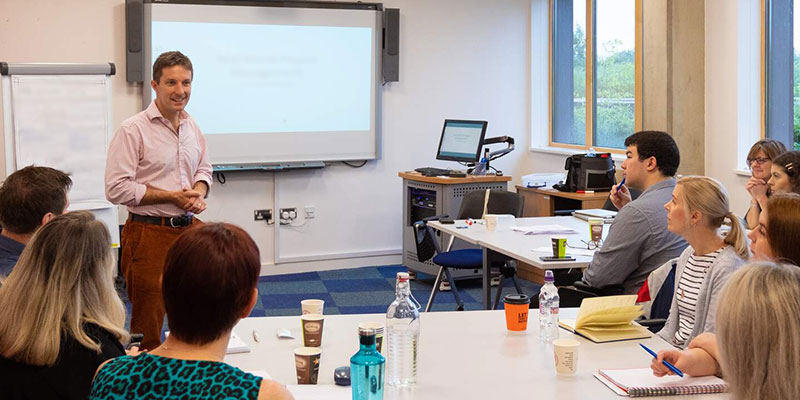Upskilling staff provides the expertise your business needs to advance, saves costs against outsourcing, reduces staff turnover and provides a stimulating, rewarding working environment for your team.
We combine high quality teaching with in-depth practical experience. Our hands-on approach directly improves your performance. Go beyond the theory and learn practical skills that you can apply from day one.
Our staff are flexible, friendly, and committed to providing you with an exceptional learning environment. We understand that your needs are unique. Whether you're an individual or a team, our specialists will work with you to deliver bold solutions.
Our courses
Find out more about the range of training and development we offer.




